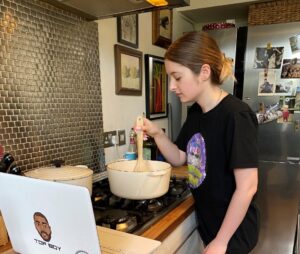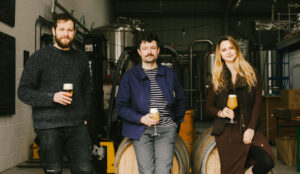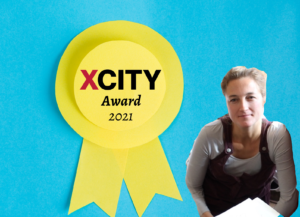
Journalists share their experiences of self-doubt and success with Shauna Lewis.
Everyone experiences self-doubt – or as it is often now known: imposter syndrome. The psychological condition affects 70 per cent of the population, and it isn’t limited to people entering a new profession or starting university – it can affect even the most seasoned of professionals.
XCityPlus spoke to three journalists to find out about their experiences with imposter syndrome, and moments in which they overcame it.
“The people I was speaking to had gone through something so hard and were still going through it”
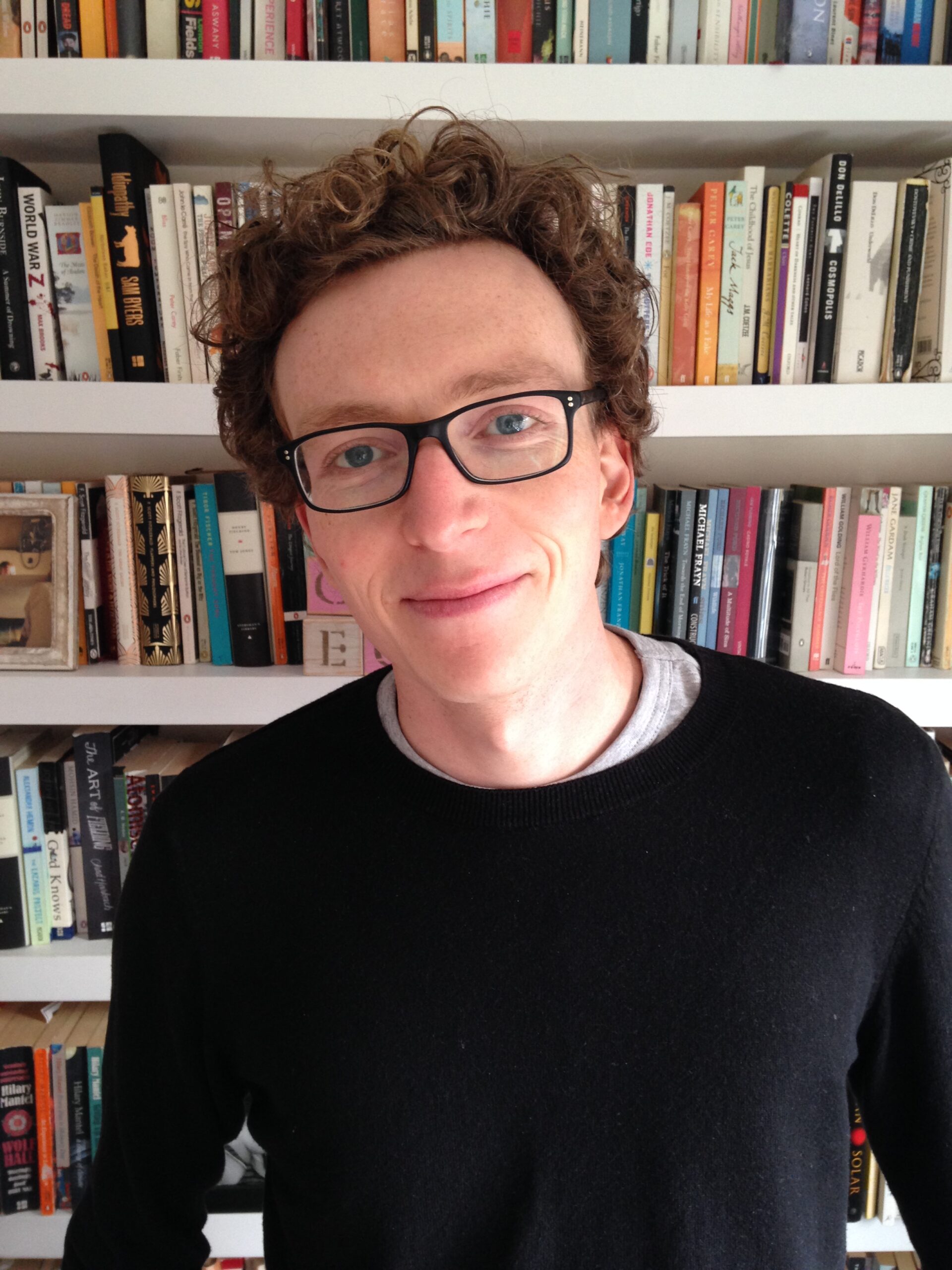
Tom Lamont, freelance writer for The Guardian, Observer New Review, and GQ
A moment of self-doubt
About a month after Grenfell, American GQ got in touch and asked me to write a long story on it [focusing on the victims and firefighters who saved them]. I remember getting that email and thinking, “I absolutely can’t do that.” I remember starting from scratch and then trying to find my way into that terrible tragic event. Doing that story at speed and in-depth, I just didn’t think I was up to it. Then over time, I started thinking, “Oh maybe I could, or maybe I could try for a week” to see how I got on.
I remember coming to a strange agreement with the magazine that I would do a week or two of reporting, and then if I felt I couldn’t do the story I would leave it. That probably helped – getting about five per cent confidence and then carrying on.
I’m proud of how it turned out, but I remember it being a lot of work and it being very draining. The people I was speaking to had gone through something so hard and were still going through it.
A moment of success
A recent story I did for The Guardian about a 19-year-old schoolboy who went through a really tough time with the school exams last year. There was a whole fiasco with him, his results and the government algorithm. I wrote a long-form story about that and it was a really strange moment in British history, but also really specific to him as an individual. He was pleased with the reception to his own story and I was pleased with how much he got out of that experience in the end.
“It was a really big opportunity for me and we had such a great conversation despite me feeling nervous”
Lauren Geall, junior digital writer at Stylist
A moment of self-doubt
I definitely experienced imposter syndrome when I first started my job at Stylist. It was no fault of my team (they made me feel incredibly welcome), but after getting my first job in journalism – at my dream publication, no less – it was hard not to doubt my abilities and worry about whether I was ‘good enough’ to be there.
Imposter syndrome has definitely contributed to moments of anxiety and doubt throughout my career, but I wouldn’t say it has held me back. I’m lucky that in my role I speak to a lot of experts and interviewees about confidence at work, so it’s something that’s always on my mind and something I try to be conscious of when I’m struggling with confidence.
A moment of success
I remember feeling a big boost of confidence after one of my first big celebrity interviews – with Jonathan Van Ness from Queer Eye. It was a really big opportunity for me and we had such a great conversation despite me feeling nervous beforehand – on the walk back to the office I was bubbling with energy.
“I said to a friend, ‘Why are they asking me to do this?’ So, I went back to them and I asked them”
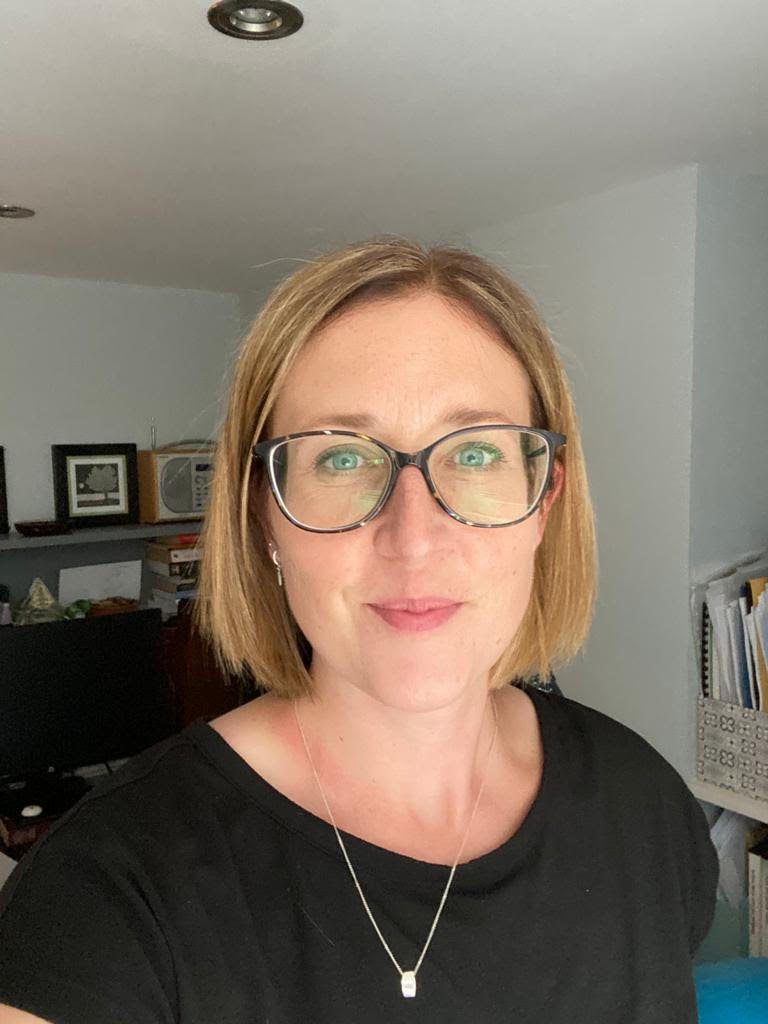
Emma Wilkinson, freelance health journalist and host of Freelancing for Journalists
A moment of self-doubt
I have been a freelance journalist for almost 15 years. Now, my feelings of imposter syndrome are not about journalism, it’s about other things which are outside my comfort zone.
Long before COVID-19 hit, I was asked to chair a panel at the [Edinburgh Science Festival]. I said to a friend, “Why are they asking me to do this?” So, I went back to them and I asked them, “How did you come across me?” They told me they had found an article I had written, looked at my LinkedIn, and thought my skills would be useful. So it was like, “Oh, this isn’t an accident.”
It’s interesting because now Lily [Canter] and I host constant webinars for Freelancing for Journalists all the time. So, now I wouldn’t even give it a second thought if someone said to me, “Can you host this conference?”, because I’ve just been doing it constantly.
“It was quite a complicated topic and quite niche so I just did the best I could. I was quite proud of it by the time I finished”
A moment of success
Recently I was doing some work on a new supplement for Pulse [Pulse PCN, a journalistic platform for clinical directors]. They asked me if I would write a cover feature for these supplements, once a quarter. It was completely new work so I didn’t know how to pitch the feature. It was quite a complicated topic and quite niche so I just did the best I could. I was quite proud of it by the time I finished, but I wasn’t totally sure because I didn’t have anything to compare it to.
I sent it to the editor for feedback and he said: “Yeah, we didn’t have to edit any of your copy, we never have to edit any of your copy. That’s why we keep coming back to you.” He wouldn’t have given that little bit of feedback much thought, but that kind of compliment can keep a freelancer going for weeks and weeks.

